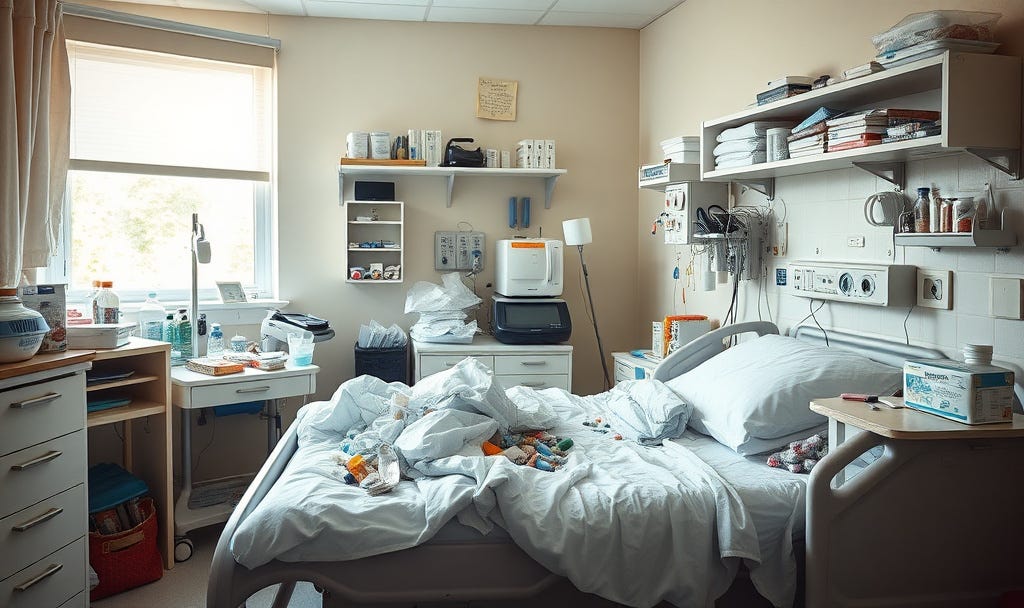To the Next Wave—A Letter to the Ones Who’ve Been There
Let’s be honest: nobody grows up dreaming of becoming a peer support specialist, recovery coach, or harm reduction advocate. Most of us didn’t even dream of surviving. But here we are, standing upright(ish), coffee in hand, and suddenly there’s a new conversation in the field—one that’s about us.
Wisconsin’s catching up to what most of us have known for years: people with lived experience are the secret sauce in real recovery work. As of 2025, Medicaid here is rolling out new coverage for peer recovery coach services, which means agencies can finally hire people like you—and bill for your work, not just your war stories. Certified Peer Specialists in Wisconsin (yes, it’s a real title—and you get a certificate and everything) are now recognized professionals using their own histories to walk alongside people still in the trenches. There are even training programs, recertification requirements, and a growing demand for people who “get it” because they’ve actually lived it.
And here’s the thing: the old-timers in the field—counselors, clinicians, folks with ten-dollar words and fancy degrees—are finally starting to get it, too. They’re seeing that a peer specialist isn’t just a “nice to have,” but a game-changer. Research shows that peer support lowers relapse rates, breaks isolation, and injects real hope into places where clinical optimism sometimes falls flat.
Let’s not forget harm reduction—because not everyone is ready for “abstinence or bust” and, honestly, neither was I. Wisconsin’s got harm reduction programs distributing naloxone (Narcan), fentanyl test strips, and running syringe service programs. These are saving lives every day, and they need people who can hand out supplies without a side of shame or a lecture on “willpower”.
So here’s my pitch—no, scratch that, here’s my plea. If you’re reading this and you’ve made it far enough that you can imagine giving back, even just a little, consider stepping in. The field needs recovery coaches, peer specialists, harm reduction advocates—people who can look a newcomer in the eye and say, “Yeah, I’ve been there. No, you’re not too far gone. Yes, you’re worth it.”
But don’t stop there. If you’re the type who starts thinking, “Maybe one day I could be the person behind the desk, running the group, calling the shots, or even running the show”—guess what? You absolutely can. There is no rulebook that says you can’t become a substance use counselor, a prevention specialist, or the next person with a bunch of letters after your name. You can go back to school, get certified, get licensed. There’s nobody stopping you from hustling your way right through that master’s degree while you’re at it. Trust me, years go by faster than you think—and next thing you know, you’re the one mentoring the next generation.
And to the professionals: we need to open the door wider. We need to mentor, hire, and support the folks coming up, not just tolerate them as “the lived experience sidekick.” The future of this field is collaborative, not competitive. The best counselors, coaches, and advocates I know didn’t come from “the right path”—they came from the hard one.
I’m living proof. I get to do this work every day, and it’s not always pretty. Some days I use up my quota of dark humor before noon. But I’ve never once woken up wishing I wasn’t part of this.
So, to the next wave: we need you. Bring your story. Bring your scars. The field is better for it, and so are the people we serve. And if you’re a professional reading this—maybe it’s time to clear a little more space at the table.
Who knows, the next person you welcome in might just save your best client’s life. Or yours.-Belle-






No comments:
Post a Comment